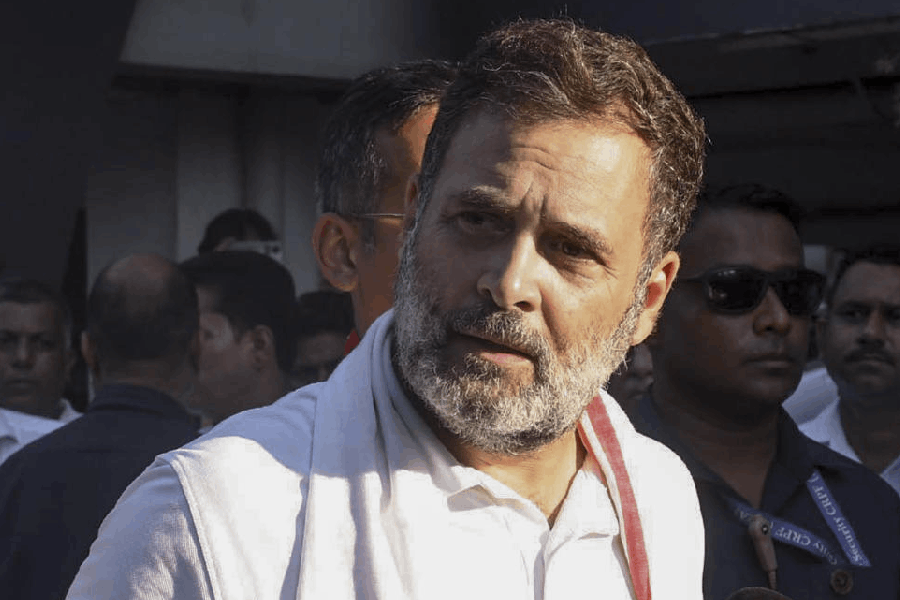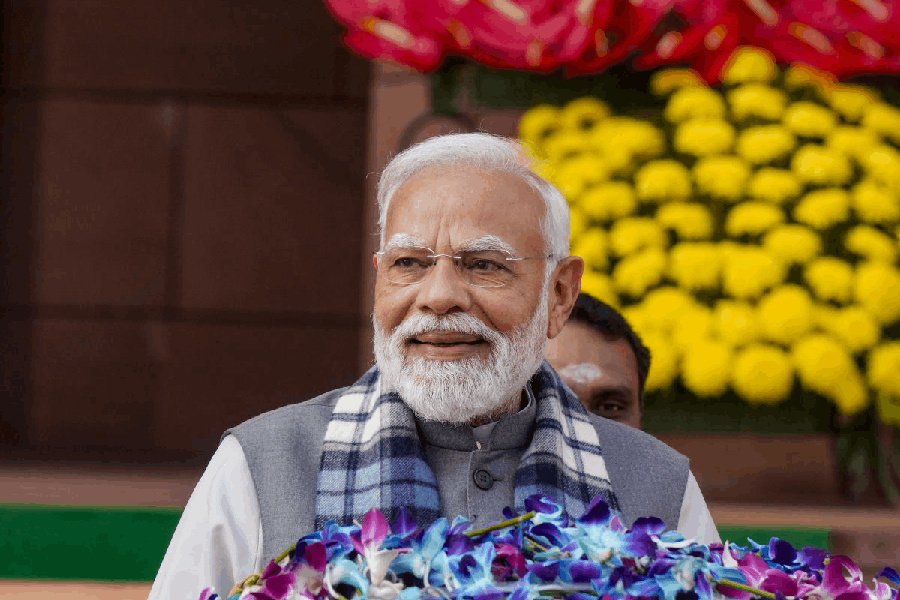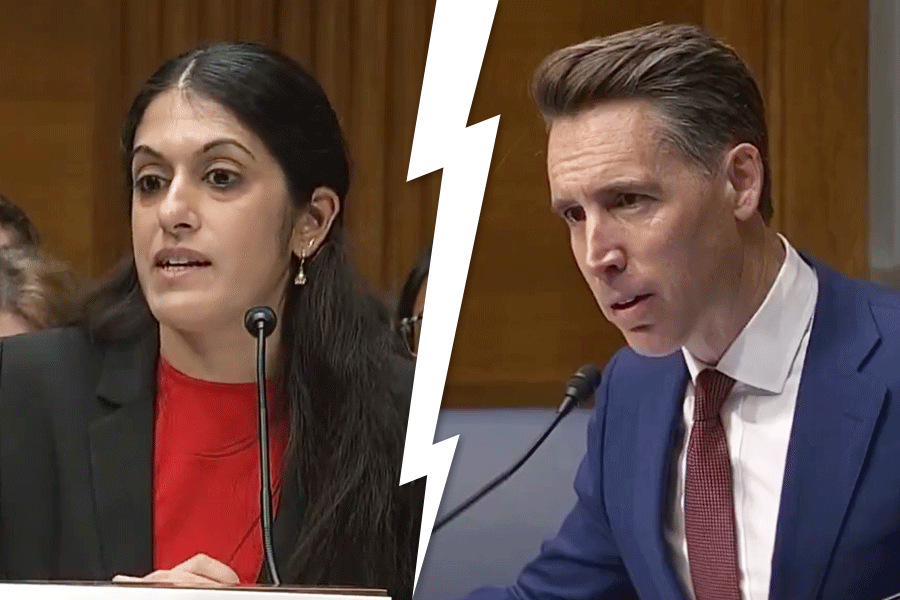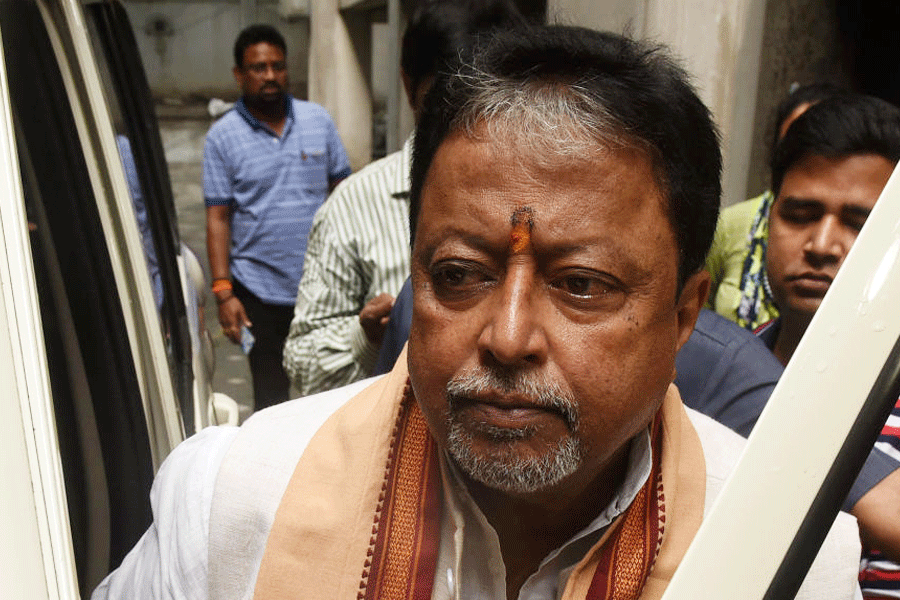Patna, Sept. 6: Two "revolutionaries" to brave sedition charges lived a kilometre from each other's house.
Kanhaiya Kumar and Kedarnath Singh would have been neighbours sharing the same " azadi" standpoint against the government - had Kedarnath not died sometime during the '60s.
When the Supreme Court outlined the limits of the sedition law yesterday, it directed the State to stick to the apex court's 1962 Constitution bench's order related to slapping of sedition charges against Kedarnath, a leader of the Forward Communist Party in Bihar. And he was a resident of Baruani, barely a kilometre from Bihat village in north Bihar's Begusarai district, now famous as the native place of Jawaharlal Nehru University Students' Union president Kanhaiya, who too faces sedition charges like Kedarnath.
Kedarnath, the kin of eminent scholar of ancient Indian history R.S. Sharma, was referred to as a "revolutionary" in a recent court proceeding.
The Supreme Court cited its ruling 54 years ago in the Kedarnath Singh versus State of Bihar case as the yardstick of when sedition charges do not apply.
A lower court had convicted Kedarnath on sedition charges levelled by the police under sections 124A and 505B of the IPC. Kedarnath in a speech (as recorded in the court's proceedings) had repeatedly said: "The kisans and mazdoors of the Forward Communist Party will expose the black deeds of the Congress goondas, who are like the British. Only the colour has changed. They have established a rule of lathis and bullets in the country. The British had to go away from this land. The Congress has aeroplanes, guns, bombs and other weapons the way the British had."
The police had quoted the statement to support their charge and had stated that Kedarnath was inciting his cadres to wage war against the State. Kedarnath was nearly 70 years old when he faced the trials. He was a bachelor and lived in commune for a large part of his life. He operated in the hinterlands of Barauni, Teghara, Balia, Begulsarai, Bakhari.
The Patna High Court had upheld a one-year sentence for Kedarnath. But the five-member Constitution bench of the Supreme Court overruled the lower court and the Patna High Court orders and said: "The comments, however, strongly worded, expressing disapprobation of actions of the government without exciting those feelings which generate the inclination to cause public disorder by acts of violence, would not be penal. In other words disloyalty to government established by the law is not the same thing as commenting in strong terms upon the measures or acts of government and its agencies."
Reacting to the Supreme Court's Monday ruling, senior CPI leader Shatrughan Prasad Singh (73), who represented Ballia twice in the Lok Sabha and has been an MLC for several terms, said: "The Supreme Court should now strike down section 124A of the IPC that militates against the fundamental rights guaranteed under Article 19 of the Indian Constitution. The colonial rulers framed such a law to gag the voice of independence; it should have no place in Independent India."
Shatrughan was a "junior comrade" of Kedarnath.
"I attended many of the revolutionary speeches that Kedarnath delivered in Begusarai's hinterlands that were the bastion of the communist revolutionaries then. He, as others in the communist parties then, were opposed to the system and were trying to replace it. That was no wrong," Shatrughan said.
Though Kanhaiya was not a direct petitioner in the appeal filed by anti-nuclear activist S.P. Uday Kumar at the apex court for the safeguards against the alleged misuse of sedition cases, the Delhi police's sedition charges against the JNU student leader apparently provided context to the Supreme Court's Monday ruling.
"We are very happy at the Supreme Court's ruling. After all, the top court has issued the orders to the authorities concerned to follow its 1962 guidelines that had its genesis at the communist revolutionaries' struggle in Bihar. Kanhaiya, too, is communist revolutionary from the place which comrade Kedarnath belonged to," said Shakeel, a doctor and politburo member of the CPI.
A senior judicial authority at the Patna High Court, too, welcomed the order.
"The apex court has made it clear that a government cannot infringe upon the people's freedom of speech and expression simply because it finds someone speaking against its policies and ethos. The citizens have the right to criticise the government and its policies. It does not amount to disloyalty to or sedition with the state," he said.










